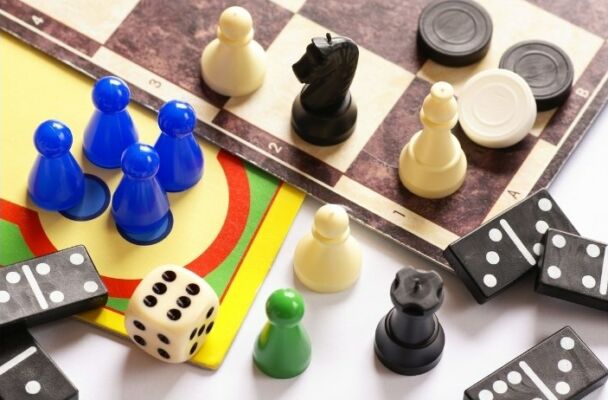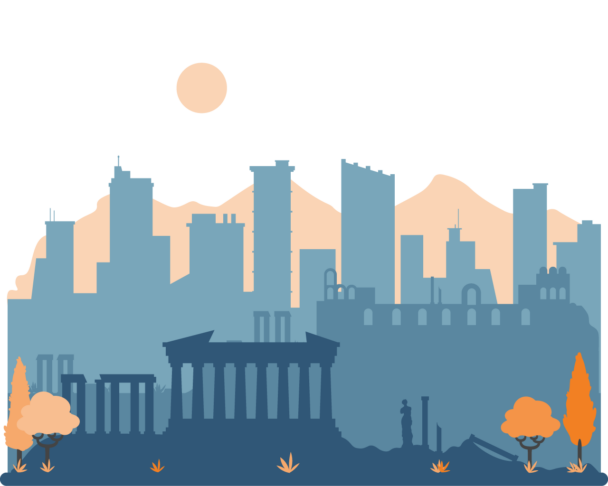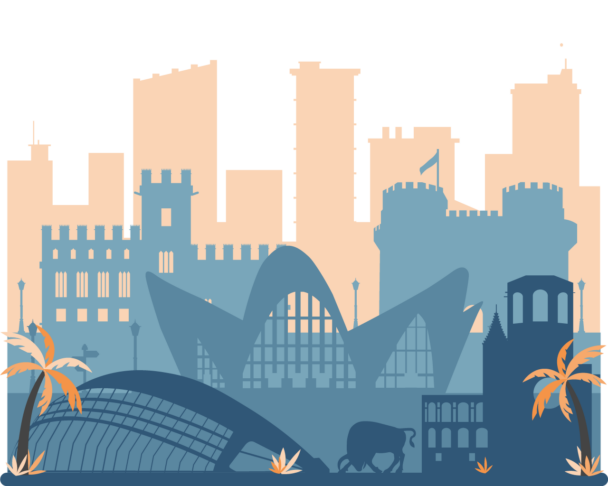Description
Everybody loves to play games: they are engaging, immersive, and fun. Thus, can we make our educational activities just as exciting and rewarding? This is “gamification”, that is, the inclusion of elements of game design in other areas or activities. Research and observation suggest that gamification provides tremendous benefits when used appropriately.
Hence, learning about it, and how to integrate them effectively in an educational framework is a powerful asset in the curriculum of any professional in the fields of education and communication.
This course will teach you how to make educational activities more effective through the use of gamification. It will cover topics like traditional games, role-playing games (RPGs), tabletop games, LEGO, and digital and video games. There will be a specific focus on social and educational games.
It will introduce participants to concepts and models of game design, providing them with the full experience of designing a game (phases of concept, design, prototype, and playtest). As it is a complex activity, it will draw from engineering, informatics, psychology, sociology, history, anthropology, communication science, arts, and more to make teachers feel at ease while creating their first game.
The course will have a very hands-on approach, combining elements of the theory, group work, and discussion with experiential phases in which participants will have an opportunity to design their own games and learn from direct experience.
As a participant, you will also be introduced to the concept and practice of gamification, and receive easy-to-apply tips to include elements of game design in your professional and daily life.
What is included
Learning outcomes
Participants in the course will learn to:
- Distinguish between various kinds of games;
- Identify principles and definitions of game design (e.g., reward mechanisms, activity loops, habit creation, fun, immersive experience, emerging and branching storytelling);
- Use games for educational purposes;
- Draw from their personal experience or design entirely new game-based activities;
- Include game elements in their educational work (gamification);
- Exploit games to spread or reinforce values in communities and society.
Tentative schedule
Day 1 – Course introduction & setting goals
- Introduction to the course, the school, and the external week activities;
- Icebreaker activities;
- Identification of needs and goals for each participant and relevant populations;
- Presentations of participants, their schools, and the trainer.
Day 2 – Game design
- Introduction to game design and the theory of “fun”: Why are they engaging and what can we learn from them;
- Easy interactive games to explore learning in games;
- Practical activity: developing “1-page games”.
Day 3 – Games and education
- Dynamics and Mechanics;
- Educational games;
- Case study: how to adapt a successful game for educational purposes;
- Groupwork: game design.
Day 4 – Game values
- Lecture on “Gamification” with case studies and examples;
- Values in Games (adopting Schwartz’s theory of Basic Human Values);
- Groupwork: game design (continuation).
Day 5 – Videogame-based learning
- Introduction to video game-based learning and digital youth work with examples;
- Playtesting of the educational games developed by the group.
Day 6 – Course closure and cultural activities
- Course evaluation: round-up of acquired competencies, feedback, and discussion;
- Awarding of the course Certificate of Attendance;
- Excursion and other external cultural activities.







